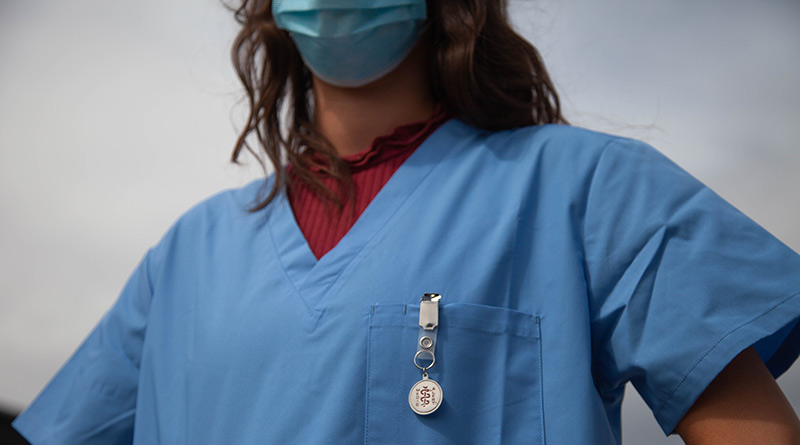Top A&E Doctors Warn Of Rising Pressure From Winter Viruses
Frontline doctors are warning winter virus cases are “creeping up” alongside pressure on emergency departments, with new NHS data showing the number of flu patients in hospital is up more than half in a week.
This months figures show an average of 234 people were in hospital with flu every day last week, up 53% on the week before.
Hospital norovirus cases continue to rise, with hospital cases up 15% on the previous week to an average 406 people each day – a 28% increase on the same week last year. An average of 92 beds were closed each day last week and unable to be used due to measures to stop the spread of norovirus to other patients.
RSV cases are also increasing, with data showing in the week to 3 December that an average of 146 children were in hospital each day with the virus, up 11% on both last year and the previous week (131).
Despite these pressures, today’s data shows the steps taken by NHS staff to prepare ahead of winter are paying off.
The NHS started planning for winter earlier than ever before, including the nationwide rollout of care ‘traffic control’ centres, extra ambulances and beds, and the rapid expansion of the world-leading virtual wards programme, helping keep patients out of hospitals and treating more people at home and in the community.
There were 358,797 calls answered by the NHS 111 service last week – 14% more than the 315,788 in the same week last year – but despite the increase in calls, thanks to measures to boost resilience and grow the number of call handlers, more than twice the proportion of calls answered last week were answered within a minute (from 32% to 69%).
As a result of robust winter planning there are more beds available, with an average of 100,903 general and acute beds open each day, up almost 1,400 from 99,508 last year. There are currently 1,200 more patients in hospital compared to the same week last year – with 90,341 adult beds occupied last week, up from 89,125 the year before.
Challenges discharging patients who no longer need to be in hospital settings are still having a considerable impact, with the number of people fit to be discharged to places such as care homes but remaining in hospital up to 12,883 each day, from 12,654 the week before.
Staff absences are increasing, with an average of 800 more staff off each day last week compared to the previous week – an average of 47,018 staff off each day (from 46,201).
Professor Julian Redhead, NHS England’s National Clinical Director for Urgent and Emergency Care, said: “This latest data will come as no surprise to those of us working on the frontline, who are seeing the number of people coming to emergency departments and patients in hospital with viruses like flu, RSV, and norovirus creeping up, and continued Covid pressure.
“The measures we set out in our urgent and emergency care recovery plan and winter preparations earlier this year are having an impact, with more than twice the number of NHS 111 calls being answered within a minute, and almost 1,400 more general and acute hospital beds open compared to the same time last year.
“Demand on hospitals and staff remains high, and as we experience more spells of cold weather and people gathering indoors for festive events and end of year celebrations, we expect to see a continued increase in winter viruses spreading in the community and in some cases, this will lead to hospital admissions.
“And now we are also preparing to mitigate the impact of the latest strikes this Christmas, once more prioritising urgent and emergency care – including emergency surgery – to protect patient safety and ensure those in life-saving emergencies can receive the best possible care. So the public can continue to play their part by using NHS services in the usual way and calling 999 in an emergency and using NHS 111 for other health conditions, and by getting their flu and Covid jabs if eligible.”






